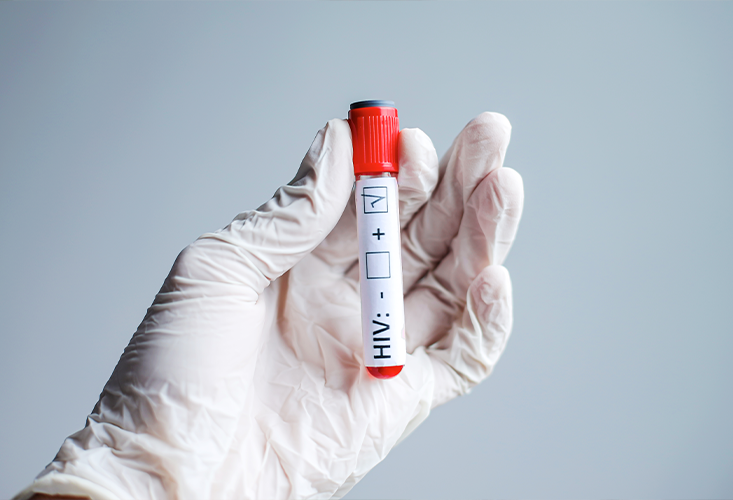Prior to undergoing a hair transplantation procedure, as is standard practice in surgical operations, laboratory tests are performed to detect any infectious diseases that may affect the surgery. These tests include the diagnosis of types of viral hepatitis and infectious diseases such as HIV. Viral hepatitis is usually called hepatitis A, B, or C. Hepatitis A is usually spread by food or water, while hepatitis B and C can be spread by blood. These diseases are usually diagnosed with blood tests. In surgeries like hair transplants, these tests are done to keep patients and medical staffs safe. Hair transplantation can be risky for hepatitis B patients. During the acute phase of hepatitis B, medications taken during and after the procedure may increase liver enzymes, which may increase the risk of complications. Therefore, it is important for hepatitis B patients to consult their doctor before undergoing surgical procedures such as hair transplantation. During the hair transplant process, hygienic measures should be taken to reduce the risk of infection. This means using sterile equipment, protective gear during the procedure, and following infection control protocols. These measures keep patients and medical staff safe. Surgical procedures like hair transplantation can spread infectious diseases. The equipment and surfaces used during these procedures can carry germs. The risk of spreading blood-borne diseases is important. Hygienic measures must be taken to prevent germs from being transmitted through the blood during a hair transplant. In particular, it is important that patients and medical staff are aware of the presence of infectious diseases and that appropriate tests are performed. Before hair transplantation, patients should be screened for infectious diseases and appropriate treatment and precautions should be taken. Hepatitis means inflammation of the liver. The word "hepatitis" is used to describe viral hepatitis diseases like Hepatitis A, B, C, D, and E. It is also called "jaundice." Hepatitis may not only be of viral origin, excessive alcohol use, autoimmune diseases and parasites can also cause hepatitis. As a result, it can occur acutely (temporarily) and heal by limiting itself, or it can last for more than six months and become chronic. If it becomes chronic, liver damage can lead to fibrosis and cirrhosis. Patient and medical staff safety are paramount in hair transplant procedures. Here are some key safety measures: Medical Staff Safety:Hair Transplant and the Risk of Infectious Diseases
What is Hepatitis?
Patient and Medical Staff Safety
Free Consultation
Why Is It Important to Have a Hepatitis Test Before Hair Transplantation?




